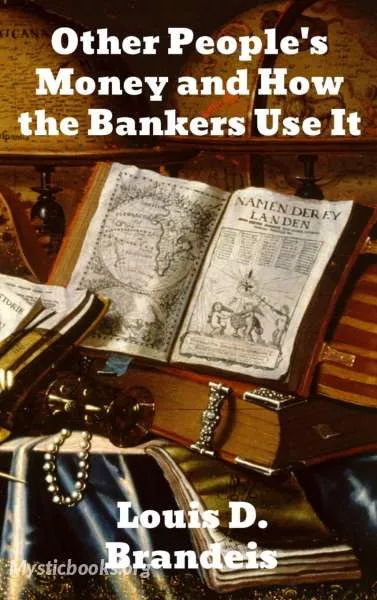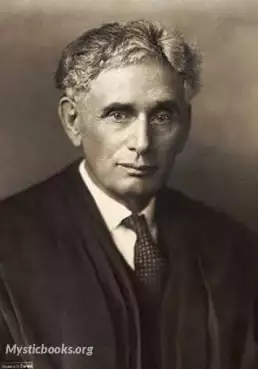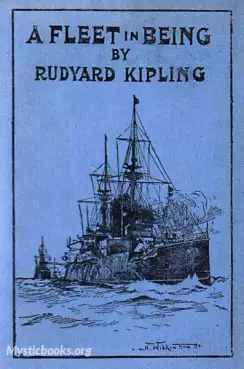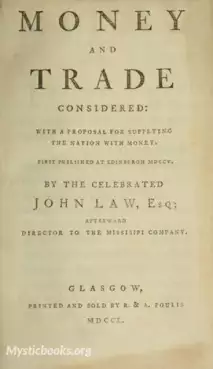
Other People's Money
'Other People's Money' Summary
The book attacked the use of investment funds to promote the consolidation of various industries under the control of a small number of corporations, which Brandeis alleged were working in concert to prevent competition. Brandeis harshly criticized investment bankers who controlled large amounts of money deposited in their banks by middle-class people. The heads of these banks, Brandeis pointed out, routinely sat on the boards of railroad companies and large industrial manufacturers of various products, and routinely directed the resources of their banks to promote the interests of their own companies. These companies, in turn, sought to maintain control of their industries by crushing small businesses and stamping out innovators who developed better products to compete against them.
Brandeis supported his contentions with a discussion of the actual dollar amounts—in millions of dollars—controlled by specific banks, industries, and industrialists such as J. P. Morgan, noting that these interests had recently acquired a far larger proportion of American wealth than corporate entities had ever had before. He extensively cited testimony from a Congressional investigation performed by the Pujo Committee, named after Louisiana Representative Arsène Pujo, into self-serving and monopolistic business dealing.
Book Details
Language
EnglishOriginal Language
EnglishPublished In
1914Authors

Louis D. Brandeis
United States
Louis Dembitz Brandeis was an American lawyer and associate justice on the Supreme Court of the United States from 1916 to 1939. He was born in Louisville, Kentucky, to Jewish immigrant parents from B...
Books by Louis D. BrandeisDownload eBooks
Listen/Download Audiobook
- Select Speed
Related books

Three Essays on Religion by John Stuart Mill
In this essay, Mill argues the idea that the morality of an action can be judged by whether it is natural or unnatural. He then lays out the two main...

The Uncommercial Traveller by Charles Dickens
The Uncommercial Traveller is a collection of literary sketches and reminiscences written by Charles Dickens. In 1859 Dickens founded a new journal ca...

From the Easy Chair Vol. 3 by George William Curtis
In a world of changing times, a writer reflects on the enduring truths of life and literature. In the third volume of his popular column "The Easy Ch...

History Teacher's Magazine, Vol. I, No. 4, December 1909 by Various
The History Teacher's Magazine is a publication dedicated to the advancement of history education. This particular issue, published in December 1909,...

The Meaning of Life and Other Essays by Alban Goodier, S.J.
Even with the best intentions, we can often get caught up in the affairs of this world and forget about God. To stay on the path to Heaven we must mak...

Faces and Places by Henry W. Lucy
Faces and Places is a collection of articles on nineteenth century travel, events and personalities by the British journalist Henry Lucy, who wrote fo...

Eugenics and Other Evils by Gilbert K. Chesterton
This was a book about eugenics, and it was -- but it was also a beautiful defense of property rights, a powerful assault on plutocratic elitism, and a...

A Fleet In Being; Notes Of Two Trips With The Channel Squadron by Rudyard Kipling
Kipling became involved in the debate over the British response to the rise in German naval power known as the Tirpitz Plan to build a fleet to challe...

Curiosities of Literature, Vol. 1 by Isaac D'Israeli
This is a collection of short essays on literature. Various subjects are discussed, such as libraries, critics, the classics, and all sorts of things...

Money and Trade Considered by John Law
Money and Trade Considered: With a Proposal for Supplying the Nation with Money is an early economics text written by John Law of Lauriston, published...
Reviews for Other People's Money
No reviews posted or approved, yet...